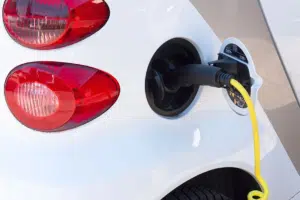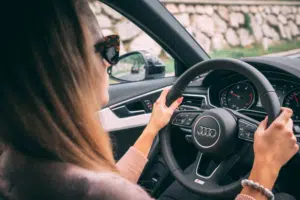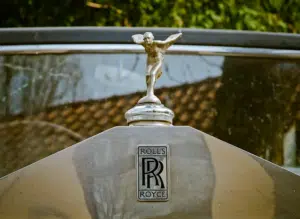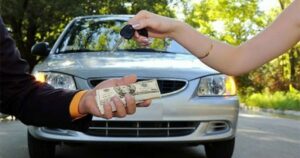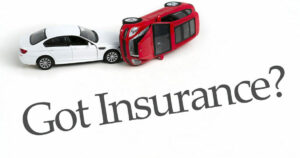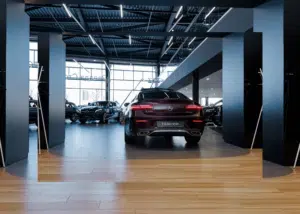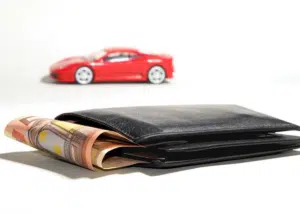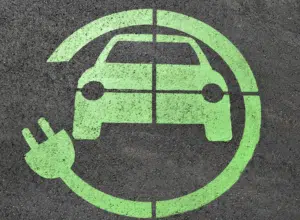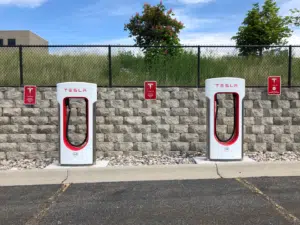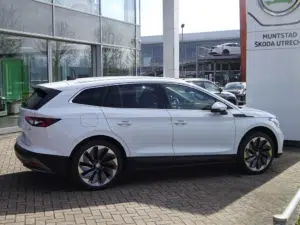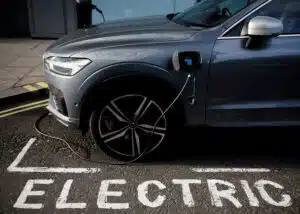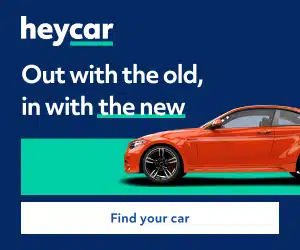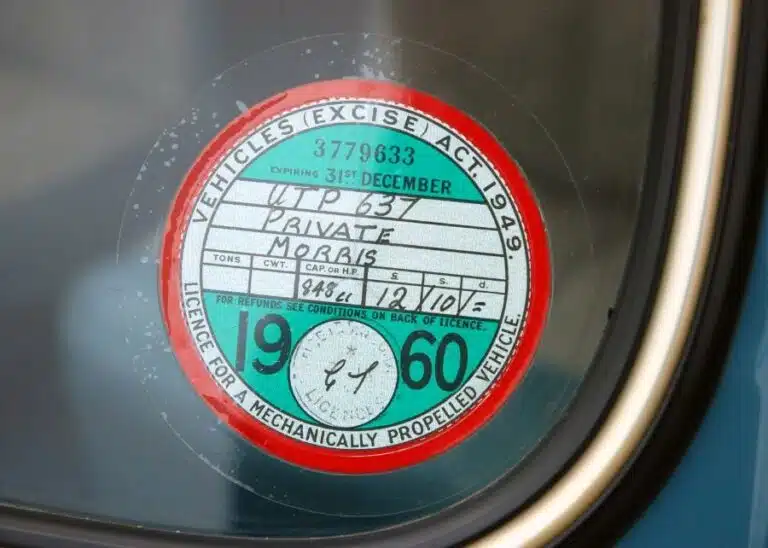In the wonderful world of driving, did you know that you can get nighttime driving glasses? We couldn’t believe that they are an actual thing, but here we are talking about them.
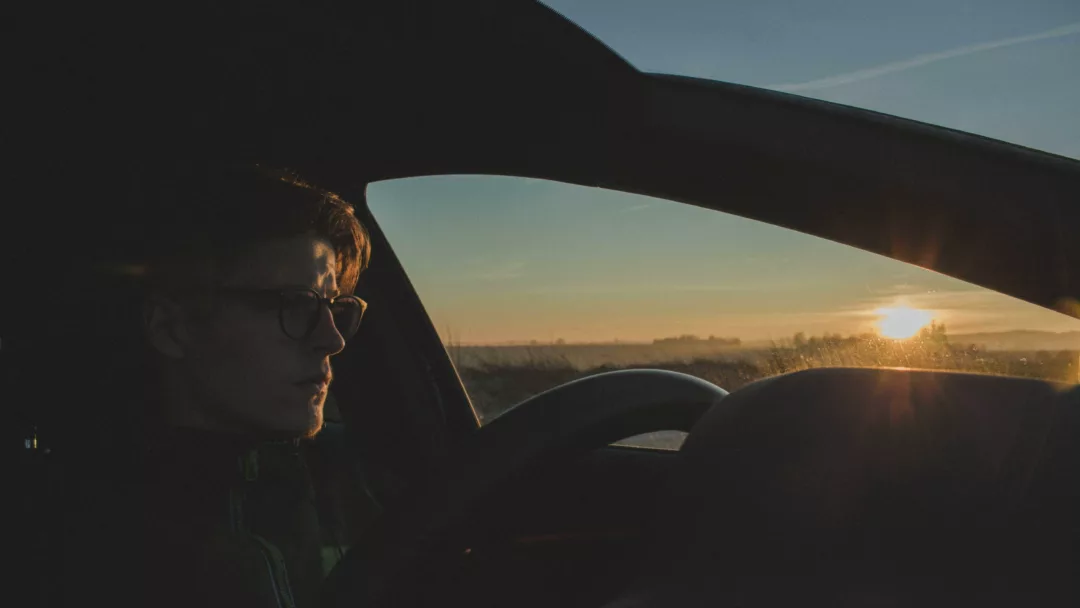
What are they?
If you don’t have night-driving glasses, what are you doing? Night driving glasses feature non-prescription yellow lenses, which are anti-glare, meaning that they filter out high-energy and visible blue light (HEV). They can vary in shade from light yellow to amber, but in general, the aim is to reduce the internal reflections of light from streetlights, as well as oncoming headlights.
Night driving glasses generally tend to be non-prescription ones and often include an anti-reflective coating to remove reflections. There are so many different brands out there these days, you could probably pick up a pair so easily if you wanted to. They also come with polarised lenses too, protecting you from UV rays or non-polarised lenses.
Do they help you see better while you’re driving at night?
Put it this way, of course, sellers of night-driving glasses are going to say that they work and are effective, why wouldn’t they. The truth is, you don’t know until you try them. You might feel that they work, especially if your eyes are photosensitive.
But, there is always a but and this is it. There is no scientific proof to say that they work.
“Glasses with lenses to reduce night time glare from oncoming headlights have an obvious and demonstrate-able benefit however expectation needs to be managed, they improve vision but maybe less than some people hope.”
Daryl Newsome, Vice President of the Association of British Dispensing Opticians
So, yes the yellow tint can make it feel like you are seeing better, there is also visibility to think about too, and if this has been reduced because of the glasses, it’s a no-no. In reality, yellow tint glasses are going to be more effective in the fog, rather than battling with the nighttime glare.
If you’ve tried night driving glasses, or maybe you are a bit sceptical to give them a bash, there are other things that you can do to help reduce the glare. For example, always make sure that your windscreen is clean and your glasses are too. While you’re there, you could check to make sure that your headlights are good to go, so that you don’t razzle-dazzle other drivers.
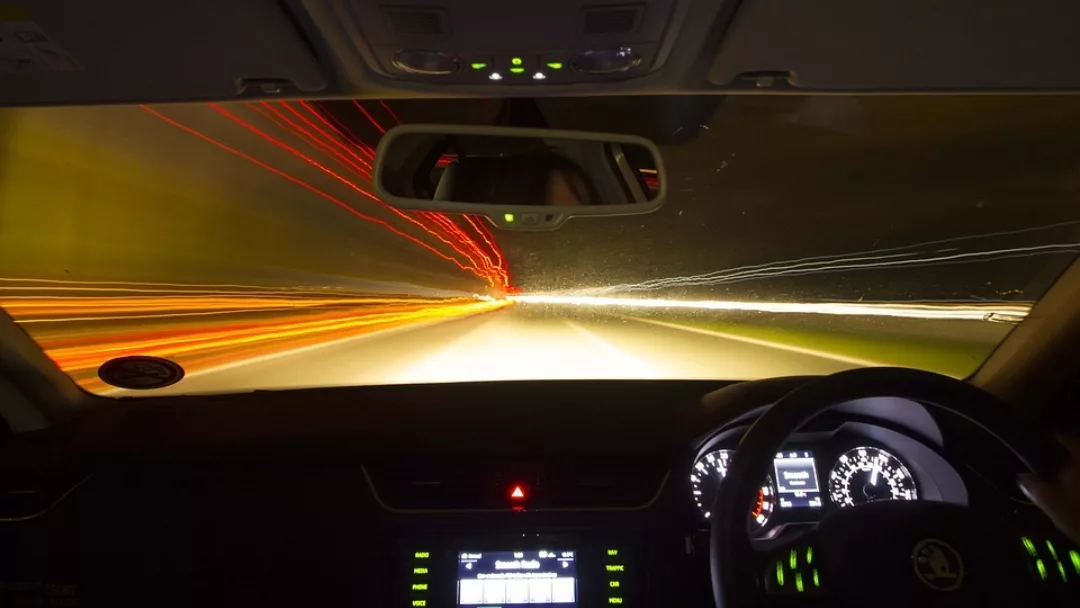
Why night driving glasses might be a bad idea
Glasses with yellow-tinted lenses might not always be the best idea. Think about it, although they can enhance contrast in daylight conditions and block some of the sun’s blue light, it’s the darker tint ones that can block much more blue light than yellow lenses.
The darker the tint, the less light gets to the eye, which can reduce your visibility even more in low-light conditions as it is. Yellow lenses might seem like a good idea because they reduce the visible light, to an extent, as they block out blue light.
This might sound like a good idea, especially during the day, when the sun is beaming, but maybe not at night. Visibility is massively reduced as it is, you don’t want to go reducing that even more.
The best glasses for night driving
If your eyes are healthy and you don’t have any vision problems, then the best glasses that you need for night driving, are no glasses at all!
If you’re at the other end of the scale and you need prescription glasses, it could be an idea to choose clear corrective lenses with an anti-reflective coating.
The lenses are amazing and will:
- let your eyes focus properly on the road at night
- allow nearly 100% visible light into your eyes
- reduce or eliminate the glare causing reflections
- provide the best vision for your eyes
If you do not need vision correction, then there will be no need for you to buy clear lenses to stick any coating on for night driving, it’s not needed. The coating would just reduce the glare caused by the glass lens, and so there would be no actual visual benefit to wearing non-prescriptive ones with coating.




















